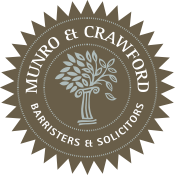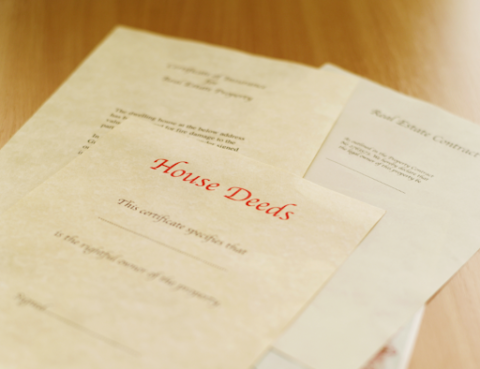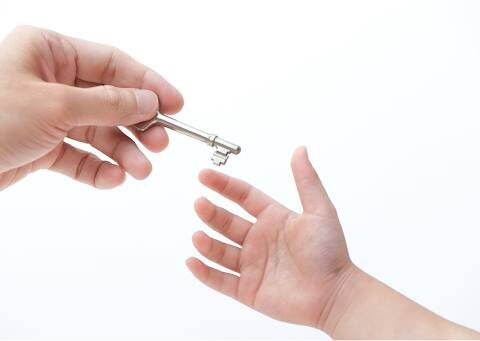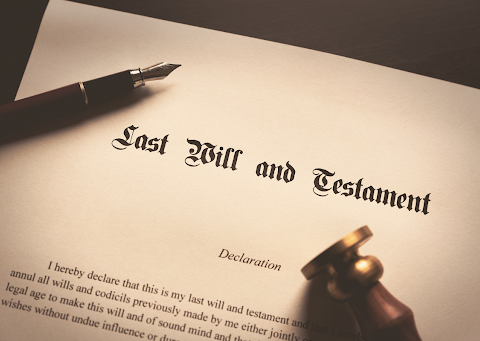Not Making a Will One of the most obvious common mistakes is simply not making a will. Most people realize that they should have a will, but many keep putting it off until it is too late. Creating a will is an essential part of estate planning, no matter your age or health status. If…
Do you have more than one version of your will? It is important to fully understand what would happen if you left behind more than one version of your will, and how to avoid any confusion. Speak to a Will Lawyer Why Would There Be Multiple Wills? If someone has made changes to their will,…
A will is essential and creating one should be the first step you take toward estate planning, but most people require more than just a will for a complete estate plan. Estate planning will look different for different people, depending on the type of assets you have and how many beneficiaries you have. Here are…
What are the Responsibilities of an Estate Trustee? Your estate trustee is responsible for administering trusts, including inter vivos and testamentary trusts. This means that trustees’ responsibilities include administering the trust, executing the estate’s terms in a timely manner, and acting in accordance with the best interests of the beneficiaries. Being a trustee is a…
Pets are wonderful companions that become part of the family. Having a pet can provide people with a sense of purpose, decrease loneliness, and can improve quality of life for those who are aging or ill. However, many people do not know how to plan for their pets’ care after they are gone. Options…
What is a Living Trust? A trust allows you to provide financially for dependents or other loved ones, such as children or grandchildren. A trust can be set up in various ways, depending on your individual needs and preferences. One of the most common types of trust is called a “living trust.” A living trust…
Advantages and Disadvantages of Joint Ownership for Will Planning Many clients come to us asking about whether joint ownership is the right choice for them in terms of estate planning. Here are the basics to know about joint ownership for will planning. What is Joint Ownership? Joint ownership is exactly what it sounds like:…
How to Leave Assets to Minors Responsibly When we have clients looking to leave an inheritance to minor children, we generally see two main types of this situation: people wanting to leave a large sum of money (usually parents planning to provide for minor children in the event of their untimely death) or wanting to…
Choosing an Executor Many people choose their executor simply based on who they are closest with, but there are actually a lot of factors that you should consider when making this decision. Duties of an Executor The executor of a will can have a variety of duties, including: Applying for probate Managing and paying…
Not sure how to go about choosing a wills and estates lawyer? Start with these simple guidelines. Speak to a Lawyer Now Ask for Referrals When you need a lawyer, start by asking around. Find out who family and friends have used for their will and estate planning and what their experience has been…











